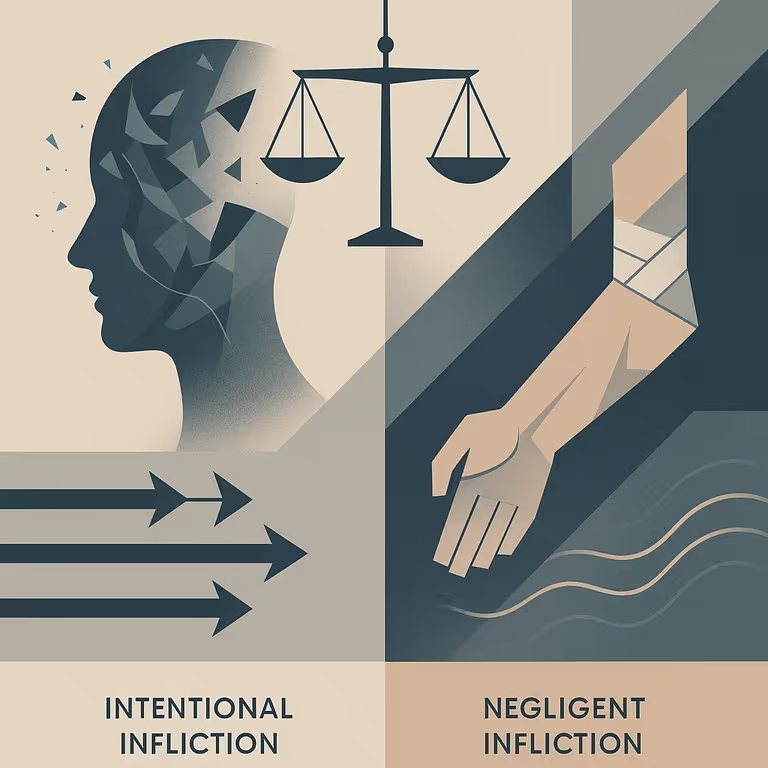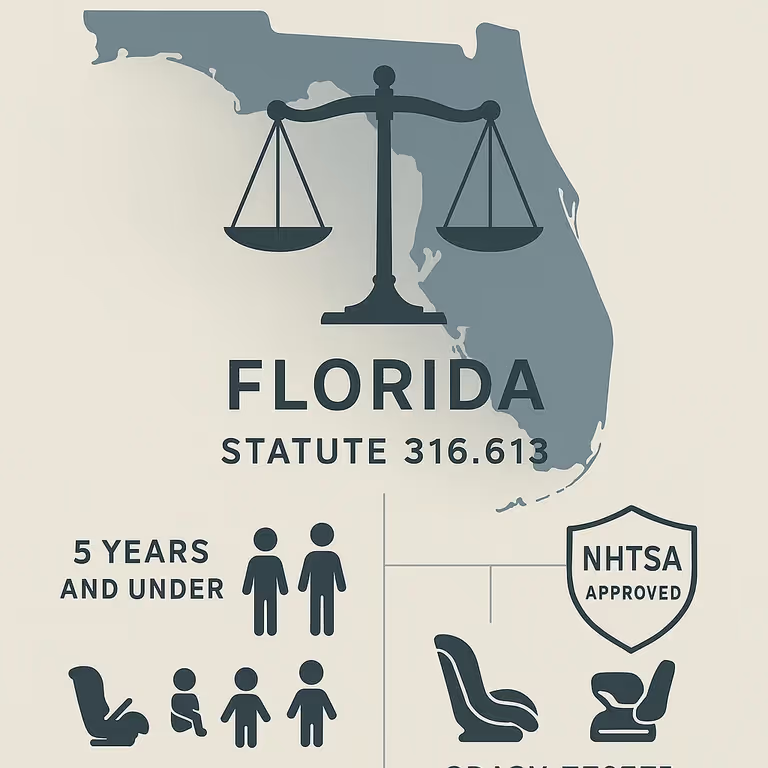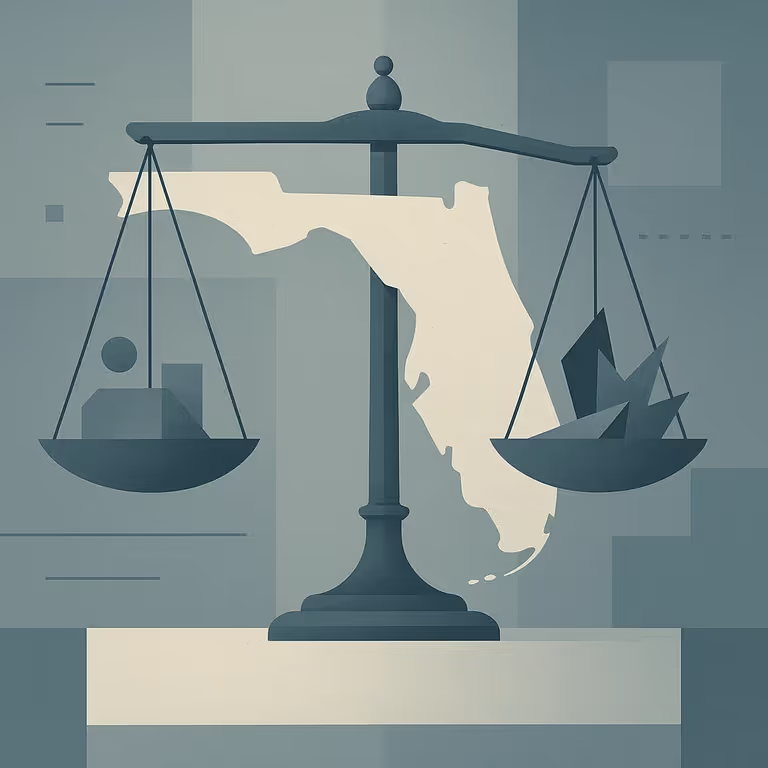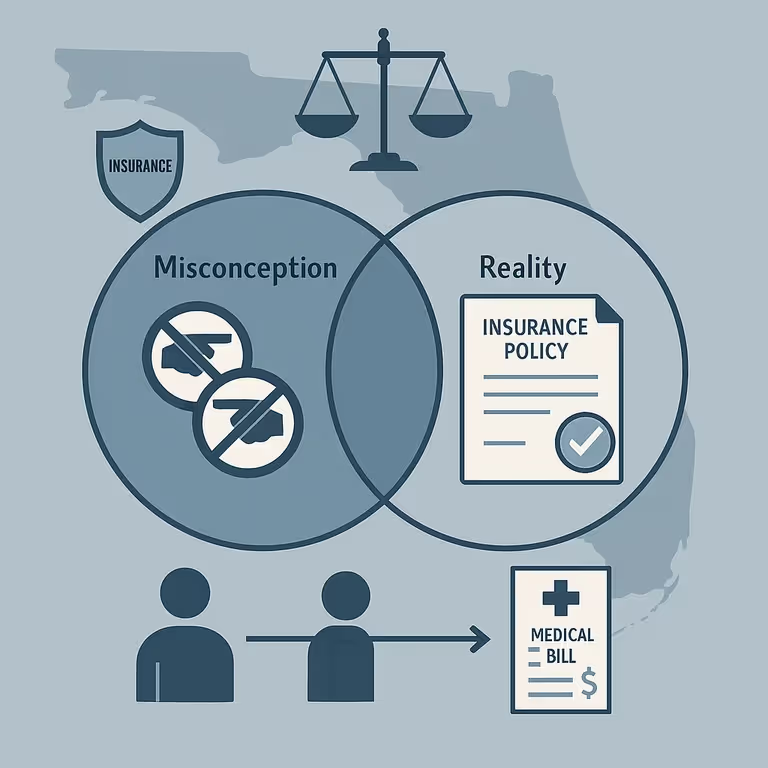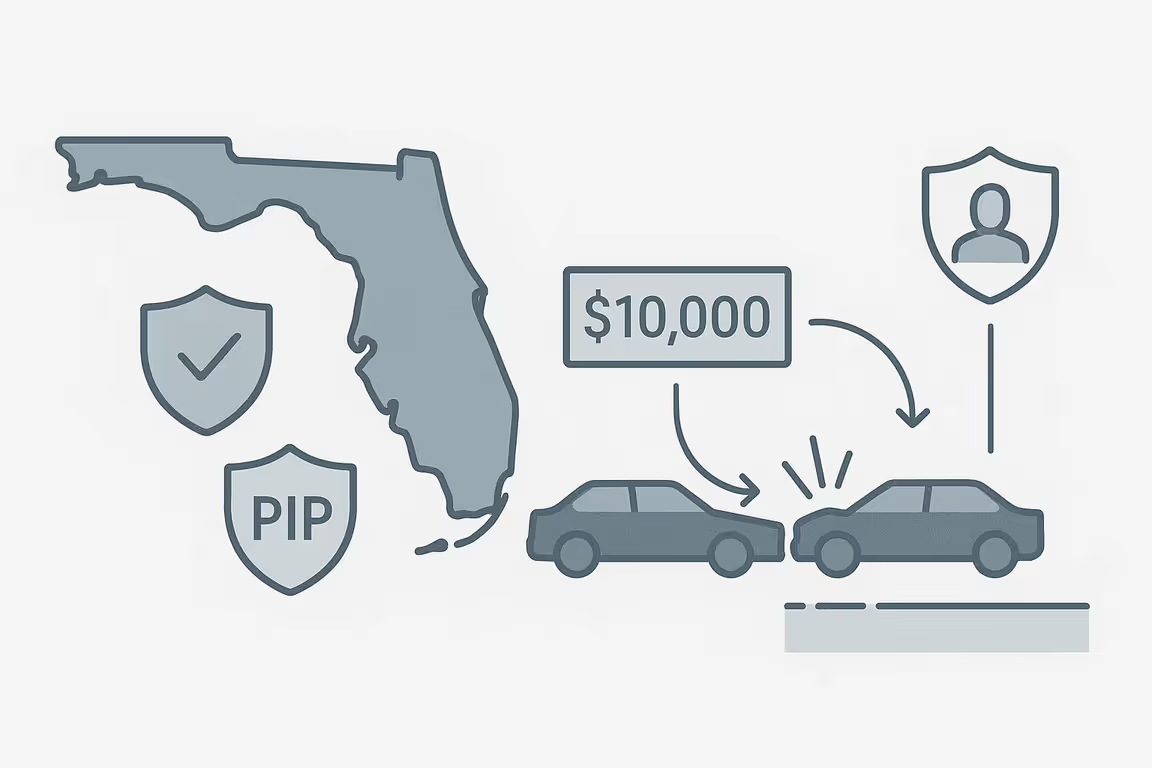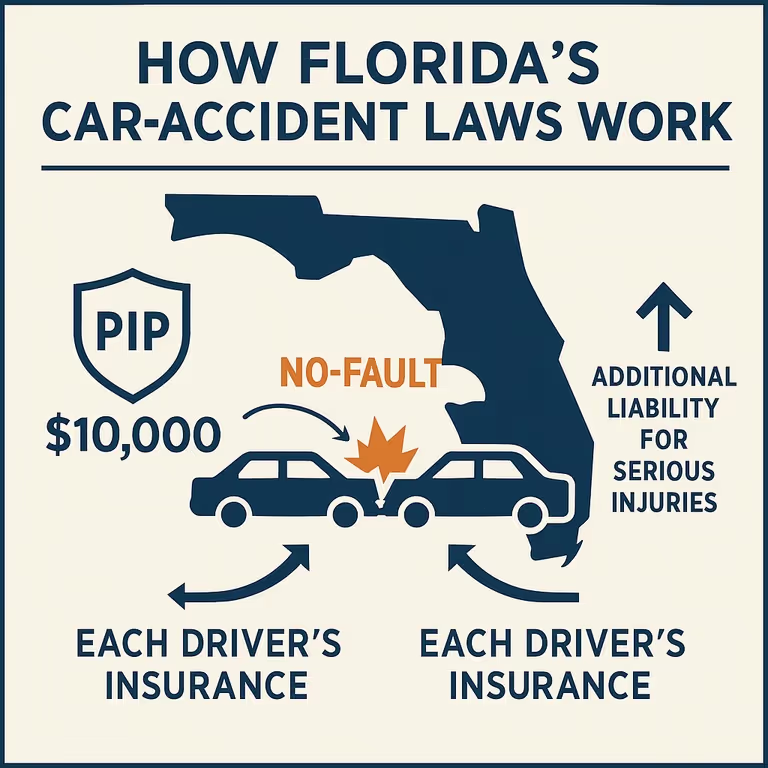Is Privacy Over?
Explore the evolving concept of privacy in the AI era with The Law Offices of Douglas R. Beam, P.A. Discover how AI impacts personal data, legal implications, and the role of attorneys in protecting individual rights in the digital age.

Worried About Your Injury Case? We'll Review It - Free!


Do you hear it? The concept of privacy bends under the growing weight of an interconnected world. It creaks and groans as we sail deeper into the age of artificial intelligence. Privacy, once viewed as a universal human right, has been slowly eroded. We now stand at a complex intersection between man and machine. In a world where abstraction can be done by a computer, what privacy does man have left?
Echoes from the Past: Philosophical Foundations
The concern for privacy can be traced back to philosophical and legal discussions that are centuries old. Philosophers like John Locke and Immanuel Kant emphasized individual rights and autonomy, laying a foundational ethos for the value of personal space and confidentiality.
John Locke argued that personal liberty and property are central to individual rights, implicitly nesting the concept of privacy within his philosophy. Locke’s assertion that each person has "property in his own person" underscores the modern assertion of control over personal information.
Immanuel Kant, with his imperatives on personal autonomy and respect for persons as ends in themselves, also offers a lens through which to view privacy. For Kant, autonomy is closely tied to privacy, as it involves the right to control personal information—information that defines one’s identity and moral agency.
In the 20th century, Hannah Arendt furthered these discussions by highlighting the importance of a private sphere, which she believed was essential for personal development and freedom. Arendt’s distinction between the private and the public realms illustrates the necessity of a barrier that AI technologies continuously challenge today.
Contemporary Challenges: AI Enters the Stage
With the advent of AI, the dynamics of privacy are shifting. AI’s capabilities to analyze vast amounts of data, recognize patterns, and predict behaviors have opened up profound benefits and equally profound vulnerabilities:
- Surveillance and Predictive Policing: Tools like facial recognition and behavioral prediction can deter crime but also encroach on daily privacy. While these technologies can potentially reduce crime rates, they raise significant ethical concerns about over-policing and the potential for abuse.
- Personalized Marketing: AI’s ability to tailor advertisements based on individual preferences can feel like a convenience or a coercion. The line between helpful suggestion and invasive manipulation can often blur, leading to a commodification of personal preferences and behaviors.
- Data Breaches: As AI systems become central to data management, the risk and impact of data breaches grow. The aggregation of personal data by AI systems creates attractive targets for cybercriminals, amplifying the consequences of any breach.
These issues resonate with the thoughts of contemporary thinkers like Shoshana Zuboff, who coined the term "surveillance capitalism," and Yuval Noah Harari, who warns about the potential of AI to disrupt the very fabric of privacy and individual freedom.
Legal Implications and the Role of Attorneys
As attorneys, the responsibility to safeguard privacy takes on new dimensions. The legal profession must grapple with evolving definitions of privacy, data ownership, and consent. Here are a few key areas where attorneys can play a crucial role:
- Data Protection Regulations: Attorneys must stay abreast of global data protection regulations, such as the GDPR in Europe and the CCPA in California. Understanding these laws and their implications for clients is critical in an increasingly interconnected world.
- Ethical AI Use: Legal professionals need to advocate for the ethical use of AI. This involves not only ensuring compliance with existing laws but also shaping new regulations that address the unique challenges posed by AI technologies.
- Litigation and Precedent: As AI-related privacy cases become more common, attorneys have the opportunity to shape legal precedent. Litigating these cases will help define the boundaries of privacy in the AI age and protect individual rights.
A Vision for the Future: Striking the Balance
Predicting the future of privacy in the AI age involves understanding the trajectory of technological advancements and their societal acceptance. As AI technologies become more integrated into everyday life, a paradox emerges: the more we benefit from AI, the more we potentially expose ourselves to surveillance and data exploitation.
It will be crucial for policymakers, technologists, and citizens to engage in a continuous dialogue about the boundaries and expectations of privacy. Attorneys, in particular, have a vital role in this dialogue, advocating for legal frameworks that balance innovation with the protection of individual rights.
The AI age presents formidable challenges to privacy, but it also offers unique opportunities to redefine and reinforce this vital human right. Drawing on the wisdom of past philosophers and the ingenuity of modern technology, we may yet find a way to protect our private lives in an increasingly public digital world.
The challenge, then, is not just technological but also ethical and societal. We must strive to create a future where technology serves humanity without compromising the fundamental right to privacy. As we navigate this complex landscape, the lessons from history and the innovations of the present will be our guides. Attorneys, with their deep understanding of legal and ethical principles, will be at the forefront of this crucial endeavor, ensuring that privacy endures as a fundamental right in the AI age.




Not Sure What To Do Next? We Can Help – Fast & Free.
Worried About Your Injury Case?
We'll Review It - Free
Don’t miss an article
Florida law, local insights, and the occasional dog pic.
Delivered straight to your inbox.
More articles
Browse all articlesFree Case Review
Get a complimentary review of your case

.webp)
